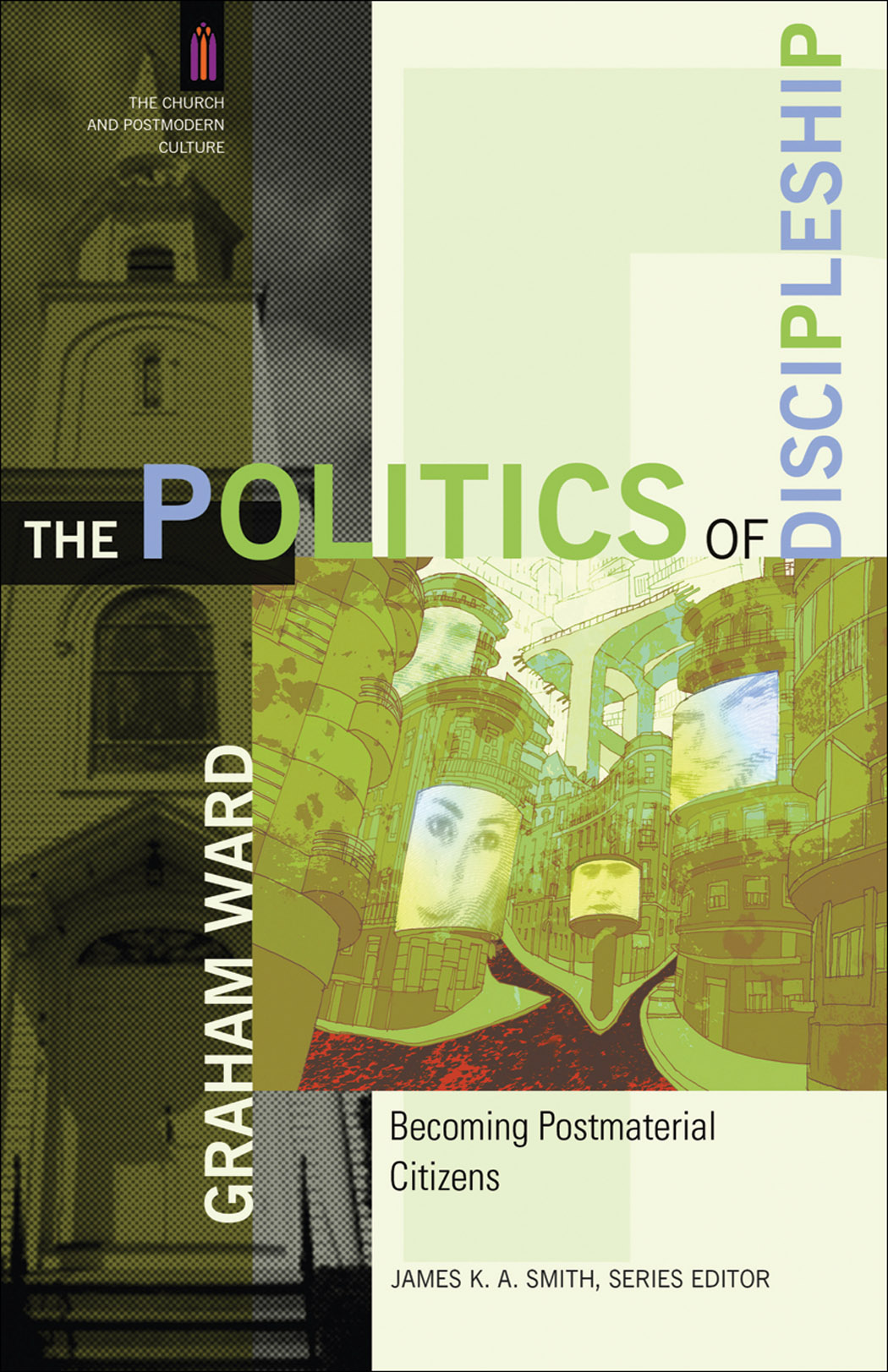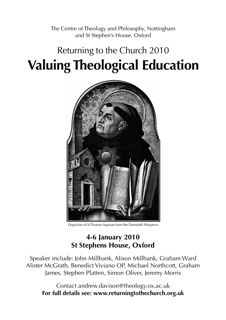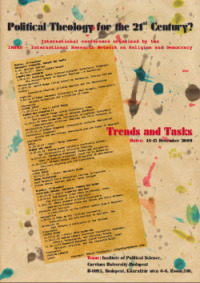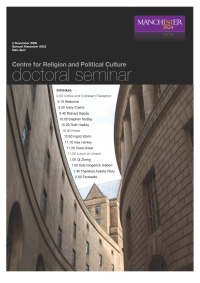 New Publication!
New Publication!
The Politics of Discipleship: Becoming Postmaterial Citizens, is Professor Graham Ward's latest publication in a series by Baker Academic Press. In this fourth volume in the Church and Postmodern Culture series, internationally acclaimed theologian Graham Ward examines the political side of postmodernism in order to discern the contemporary context of the church and describe the characteristics of a faithful, political discipleship. His study falls neatly into two sections. The first, which is the more theoretical section, considers "the signs of the times." Ward names this section "The World," noting that the church must always frame its vision and mission within its worldly context. In the second section, "The Church," he turns to constructive application, providing an account of the Christian practices of hope that engage the world from within yet always act as messengers of God's kingdom.
"Extraordinary! Graham Ward's The Politics of Discipleship is an extraordinary book. Ward does nothing less than help us see how 'world' and 'church' implicate each other by providing an insightful and learned account of the transformation of democracy, the perversities of globalization, and the ambiguities of secularization. Perhaps even more significant is his theological proposal for the difference the church can make in the world so described. This is an extraordinary book."-Stanley Hauerwas, Gilbert T. Rowe Professor of Theological Ethics, Duke University
"For some time now, Ward has blended orthodox theology, biblical study, and cultural theory with an independent originality. Now he has added politics to this mix. An extremely significant volume."-John Milbank, University of Nottingham
 December 12, 2009 in
December 12, 2009 in  CRPC
CRPC  From January 4-6, 2010, the Returning to the Church: Valuing Theological Education conference will be held at St. Stephen's House at the University of Oxford in association with the Centre for Theology and Philosophy. On Tuesday, Graham Ward will be presenting a paper entitled, "The Lay Theologian: Working at the Coal Face." As well, on Tuesday Timothy Stanley will be presenting a paper entitlted, "The Return of the Scroll: From Codex to Google." To download a PDF of the conference poster click here.
From January 4-6, 2010, the Returning to the Church: Valuing Theological Education conference will be held at St. Stephen's House at the University of Oxford in association with the Centre for Theology and Philosophy. On Tuesday, Graham Ward will be presenting a paper entitled, "The Lay Theologian: Working at the Coal Face." As well, on Tuesday Timothy Stanley will be presenting a paper entitlted, "The Return of the Scroll: From Codex to Google." To download a PDF of the conference poster click here. Email |
Email |  Post a Comment
Post a Comment 



